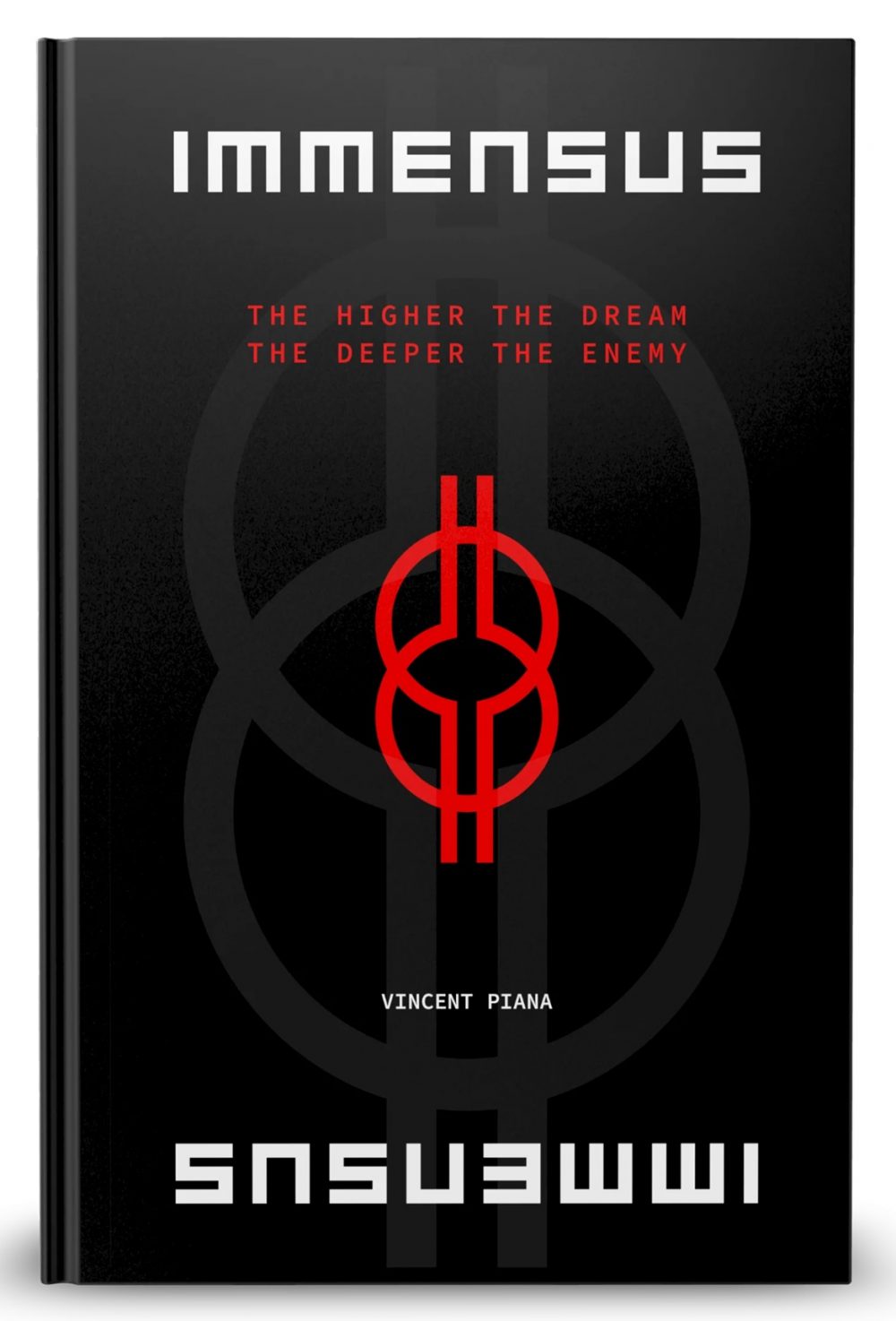Science fiction has always been about what’s possible. Rockets and replicators, AI and alien life—sci-fi thrives on bold ideas and uncharted futures. But in chasing the stars, it’s easy to forget the people looking up. As a writer of science fiction, I believe that the most compelling sci-fi stories aren’t just driven by futuristic tech—they’re grounded in human core emotion. The thrill of a warp drive only lasts a page. What makes a reader stay is why it matters to the character.
The Soul Behind the Science
From Blade Runner to The Left Hand of Darkness, the most lasting sci-fi stories use technology not just as spectacle, but as a lens for deeper questions:
- What does it mean to be human?
- What are we willing to sacrifice for progress?
- Who gets left behind?
In my novel Immensus, I explore a world on the brink of a new space age—private enterprise pushing past planetary boundaries, armed with revolutionary tech. But the heart of the story isn’t the hardware. It’s a grieving teenager who looks to the stars for escape. It’s a brilliant girl who knows what it feels like to be underestimated. It’s a man who built a vision too powerful to be safe.
The tech may be dazzling. But it’s what the characters fear, hope for, and fight to protect that gives it meaning.
Emotion Raises the Stakes
When we care about a character, a switch failing on a space station isn’t just a plot point—it’s life or death. When someone loves, mourns, or rebels in a world governed by machines, it reminds us what we’re holding onto as we rush into the future.
In Immensus, a secretive organization wants to take control of a discovery that could reshape humanity’s place in the cosmos. The tension comes not just from what might happen—but from who might lose themselves in the process. Emotion isn’t a soft layer—it’s the engine.
My Thoughts On Writing Emotion-Driven Sci-Fi
If you’re a writer, here are a few ways to fuse tech and heart:
- Start with character stakes. What does the future cost your protagonist?
- Don’t just build a world—break someone in it. Show how the system affects individuals.
- Let science raise moral questions. The tech is the spark—but emotion is the fire.
- Let love, grief, and ambition drive decisions. Even in the most rational worlds, emotion is never absent.
Debunking the Myth of Cold Science Fiction
For years science fiction has had the reputation of being the “cerebral” genre — more about rational than romantic, more spaceship than soul. But there are iconic works that demonstrate otherwise. We feel for the robot when it’s crying. We engage when alien worlds reflect our own emotional turmoil.
Emotion Matters in High-Tech Spaces
Tech can only be powerful when it evokes humanity
Reading a futuristic device that can take memories? Interesting. A character that uses that technology to recall a lost love? Gut-wrenching — in the best way.
Human conflict grounds tech for the reader
The reader cares less about understanding how warp drives work than what it takes for the captain to get their crew back.
Emotion creates universality
It doesn’t matter if you’re on Earth or Zeta Reticuli — loss, hope, love, and fear are what make stories eternal.
Why It Matters
Readers don’t remember the specs of a fictional engine. They remember how it felt when a character had to decide whether to use it. Emotion is what makes sci-fi Stories last—because it makes it real. Immensus is my attempt to write a story that does both: thrill the mind, and move the heart. I believe that’s the future of great science fiction. Not just dazzling, but deeply human core.
About the Author
Vincent Piana is the author of Immensus, a space thriller where teenage rebellion collides with covert power and visionary technology. When not writing, Vincent plays guitars and write songs, hit some tennis balls and explores the intersection of storytelling, ethics, and innovation.



